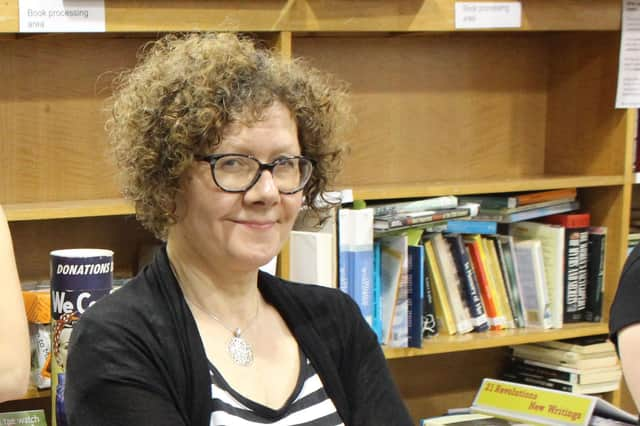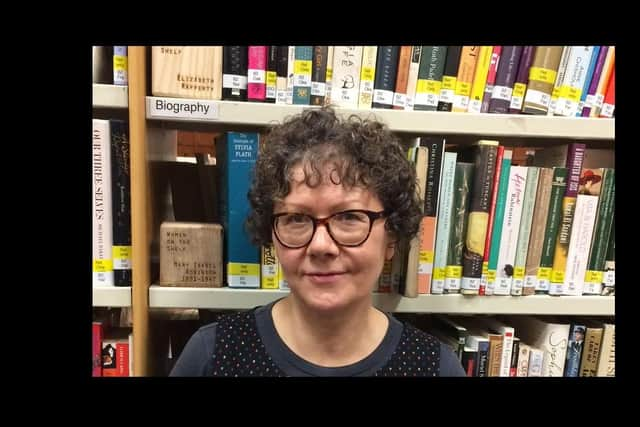Support our Libraries: How Glasgow Women’s Library fights gender inequalities - Morag Smith


There was, however, a public library just five minutes away – Carnegie funded, festooned with ornate tiles and carved pillars and stuffed to the gills with books, books and more books. It seemed palatial to me and offered a wealth of worlds I could never have experienced or imagined from our two room tenement flat.
I took out the maximum number of books every week, devoured them, then went back for more. I’m sure this diet of words from an early age helped to get me from a comprehensive school in Possilpark to studying English at university. Social Mobility Part One – read books.
Advertisement
Hide AdAdvertisement
Hide AdI’ve now come full circle and work for Glasgow Women’s Library (GWL) – based in another magnificent Carnegie building (and former public lending library) in Bridgeton in Glasgow’s East End.
Many libraries in the UK are fighting for their very existence these days, but despite this environment of funding cuts and lack of investment, GWL has managed to thrive and grow since it started as a volunteer-led grass roots project in 1991. Our work is supported through grant funding from sources such as the Scottish Government, Creative Scotland, The National Lottery Heritage Fund and Glasgow City Council, to name a few.
But our expansion and continued survival is also down to the passionate belief, held by everyone who works here, that libraries are important and the access to social and cultural capital they bring, can help alleviate the growing social and economic inequalities that exist in Britain today. GWL’s learning programme and collections actively address gender and intersectional inequalities – that translates into, for instance, Donna, our literacies and numeracies worker sending an email round the staff team during the Covid crisis to say we had been awarded some Chromebooks and iPads by Connecting Scotland to give to women who don’t have any IT at home.


Or Syma, our BAME development worker supporting a group of women who have migrated to Scotland to create a book about the histories of their lives in Glasgow and elsewhere. Or Wendy our librarian, running Story Café sessions where extracts from books, stories and poems are read aloud and anyone can drop in and listen.
What we and other libraries also provide (sometimes) is just a place for people to be if they’re feeling lonely, unsafe, or if it’s cold in the house. The fact they can read books while they’re here is just one part of the service. Every day at GWL we see women who get huge benefits from libraries. The staff who work in them have vision and commitment. We need the same vision and commitment, to libraries and to the people who need them, from governments.
Morag Smith is national outreach development worker for Glasgow Women’s Library.
A message from the editor:
Thank you for reading this article. We're more reliant on your support than ever as the shift in consumer habits brought about by coronavirus impacts our advertisers. If you haven't already, please consider supporting our trusted, fact-checked journalism by taking out a digital subscription.
Comments
Want to join the conversation? Please or to comment on this article.
